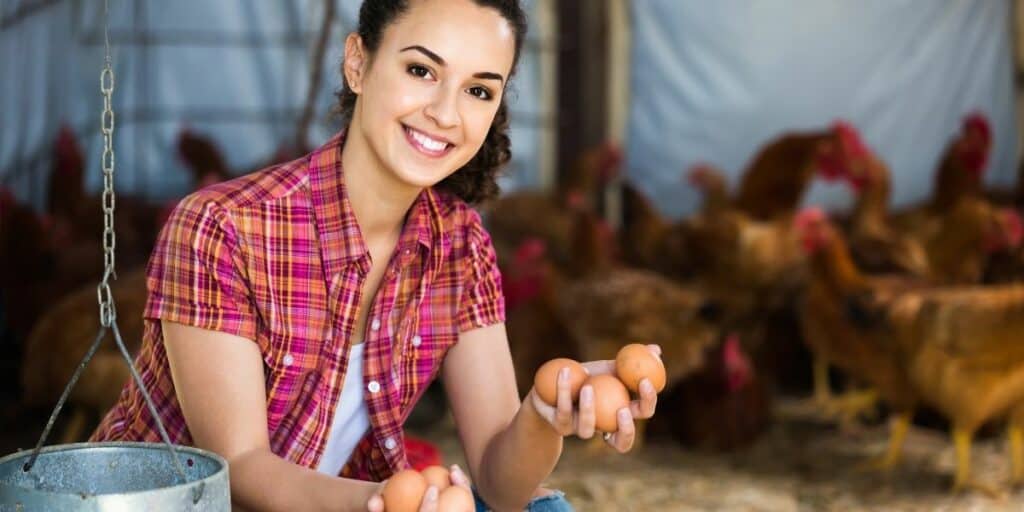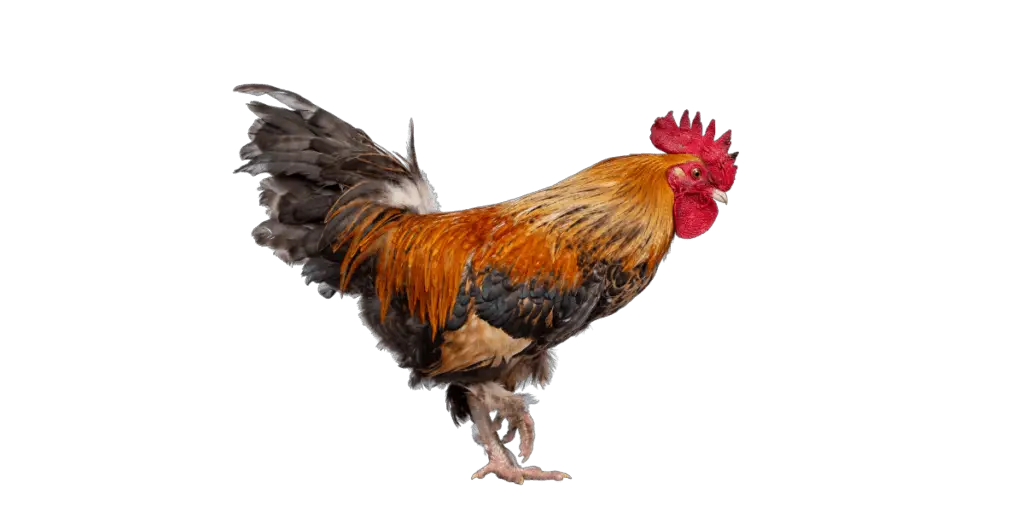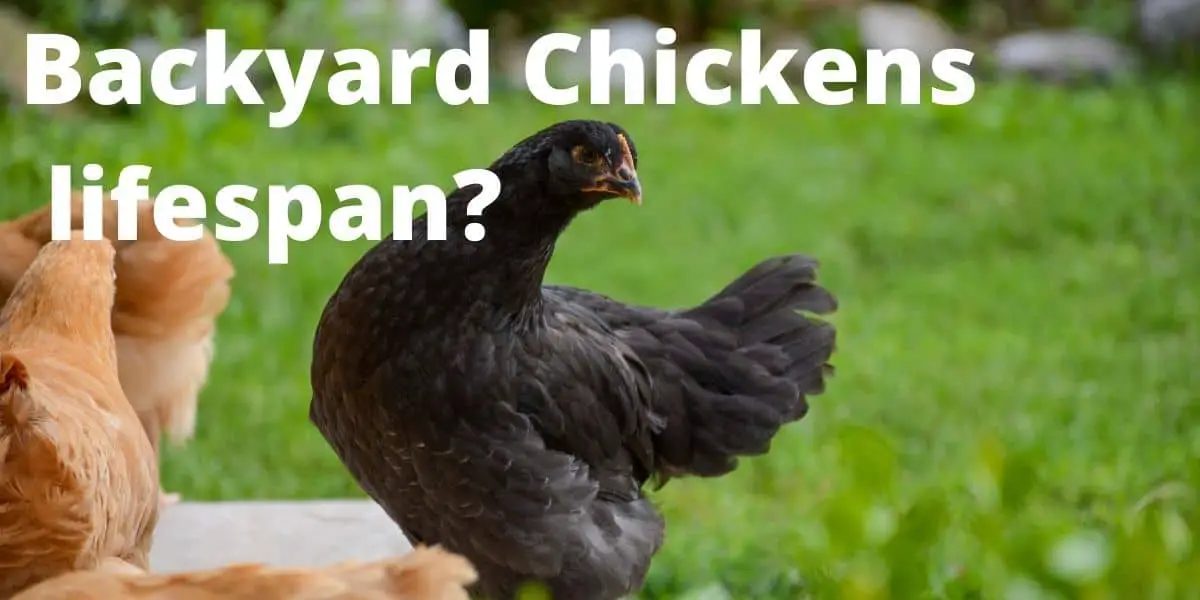When you buy some backyard hens it is important to know exactly what you are getting into. Just like buying a cat, dog, or other pet, owning backyard chickens requires commitment especially as chickens can be remarkably long-lived.
Table of Contents
The life expectancy of backyard hens
If you are wondering “how long do backyard chickens live?”, you may be surprised to find that these old hens can get really long in the tooth. The lifespan of backyard hens can be anywhere between three and ten years, with the quality nutrition and protection from predators domestic hens enjoy, prolonging their days.
A chicken is for life, not just for the eggs
If you have purchased backyard chickens for a hearty supply of fresh and tasty eggs you need to be reconciled to the fact that for the vast majority of your hen’s life you’re going to be egg-free.

Pullets reach their point of lay at around 20 weeks of life. From then on you can expect consistent laying for up to 72 weeks on average, according to poultry farming models. Beyond this, you can expect your eggs increasingly intermittently for a further one to two years or more of an average 8-year lifespan of a chicken.
Spent hens can still be cared for
For the poultry farmer, a hen’s life will be cut short at the end of those 72 weeks. At this point, the hens are known as spent hens and are usually butchered for pet food.
Backyard poultry owners also can have hens butchered or killed, but many opt to look after their hen as a pet for the rest of their life.
Some fortunate owners find their trusty older ladies will still lay throughout their lifespan, though the eggs may become deformed and turn up at most once a month.
So, what do backyard chickens die of?
The longevity of your backyard chickens will depend on your care, but even with 24/7 TLC, you are going to encounter unexpected or disease-related chicken mortality.
As an owner, you may not want to think about it, but leading US veterinarians have done the hard work of investigating what kills backyard poultry. Their seminal 2019 study delved into the autopsy reports for almost 3000 birds.

They found that top causes of death in backyard hens were:
- Tumors: Cancer was by far the predominant cause of death in the backyard poultry studied. The majority of the cancers were blood-related and virally induced like Mareks disease.
- Infectious: Infections were responsible for a third of the bird deaths in the study. of the infectious diseases causing death, E-Coli was the most common pathogen followed by clostridia, salmonella, and listeria amongst others. A variety of viruses were identified including those causing avian bronchitis and others targeting the brain, heart, and digestive tract. Parasites and fungal infections were a common secondary finding by the medical examiners
- Non-infectious: The majority of non-infectious mortality was due to neglect, malnourishment, or overfeeding leading to hemorrhagic liver syndrome and cardiovascular diseases. Backyard chickens were also being poisoned by lead, iron, and zinc. Some chickens died from eating spent ammunition or overdosing on meds.
As you can see, proper care and attention to poultry diet, environment and biosecurity can make a big difference to the survival of your hens. And of course, protection from predation will add years to a chicken’s life.
So you are in it for the long haul…
Caring for older hens in many ways is easy as you are both settled into a routine, however, attentive care can really boost the quality of life of an older chicken. As the chicken ages, they become more susceptible to health problems, so careful attention to their condition will save on the veterinary bills. Here are some key areas to look out for with older hens:
- Calcium in diet: As egg production decreases so do the hen’s dietary calcium requirements. Calcium and other minerals can build up in older chickens and cause problems like gout or kidney stones. A solution is to modify the feed provided to your older hen to limit the calcium they are ingesting.
- Reproductive troubles: Painful, urgent problems like egg binding and prolapse are more common with age.
- Joint aches and pains: Arthritis can make bending down to peck at food or drink water difficult. Raise the height of your feeders and waterers.
- Lower perches, thinner bedding: If mobility becomes an issue making it easier for the hen to move about in the roost makes a difference.
- Eventually separate the oldies from the younger members of the flock: This may be necessary to ensure that older and slower birds do not get bullied or miss out on food and water.
What to do when your hen dies?
That fateful day cannot be avoided and at some point, you are going to find yourself with a dead hen. It is hard to lose a feathered friend as they have such unique personalities and temperaments.
Depending on the cause of death you need to handle and dispose of the remains carefully, especially if there is an infectious cause of death.
Do not throw the carcass in the trash as this may be illegal.
Incineration is the most common method of disposal of the remains of a dead backyard chicken. Alternatively, the hen can be buried, at a distance from the coop and at a depth that cannot be readily dug up by predators.




